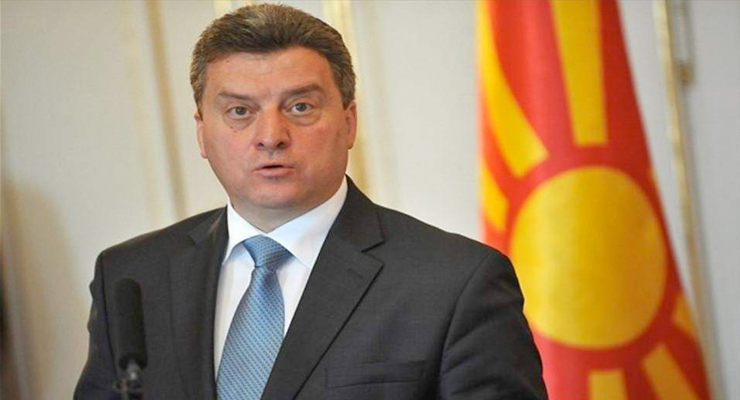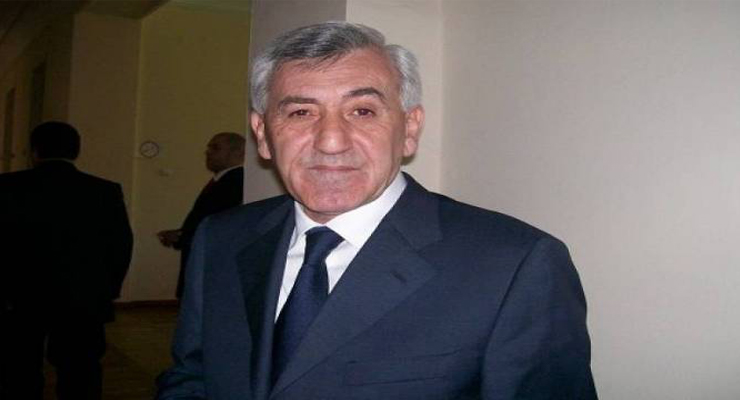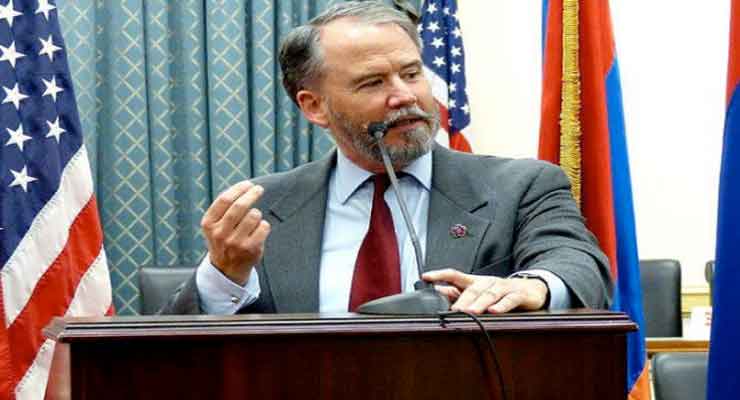 The president of the Former Yugoslav Republic of Macedonia (FYROM) on Friday issued a statement saying that “no amount of pressure or blackmail” will make him change his mind and support the name deal signed with Greece last month.
The president of the Former Yugoslav Republic of Macedonia (FYROM) on Friday issued a statement saying that “no amount of pressure or blackmail” will make him change his mind and support the name deal signed with Greece last month.
The statement from the office of Gjorge Ivanov was issued in response to an interview on Thursday by FYROM Prime Minister Zoran Zaev with Greek state broadcaster ERT, in which the moderate leftist premier suggested that he is confident of the president’s support for the agreement renaming the country “North Macedonia” once it passes a public referendum in the fall.
“With his inconsistent, contradictory and confusing statements, Prime Minister Zaev continues to lie to and manipulate not only the Macedonian public, but also the public in Greece and the international community,” the statement from Ivanov’s office said.
“The Macedonian president will not endorse an agreement to the detriment of the Macedonian national identity and to the interests of the Republic of Macedonia,” it added.
On Thursday, FYROM’s main conservative opposition – the VMRO-DPMNE party, which backs Ivanov – filed treason charges against Zaev, Foreign Minister Nikola Dimitrov and House Speaker Talat Xhaferi over the name deal.


